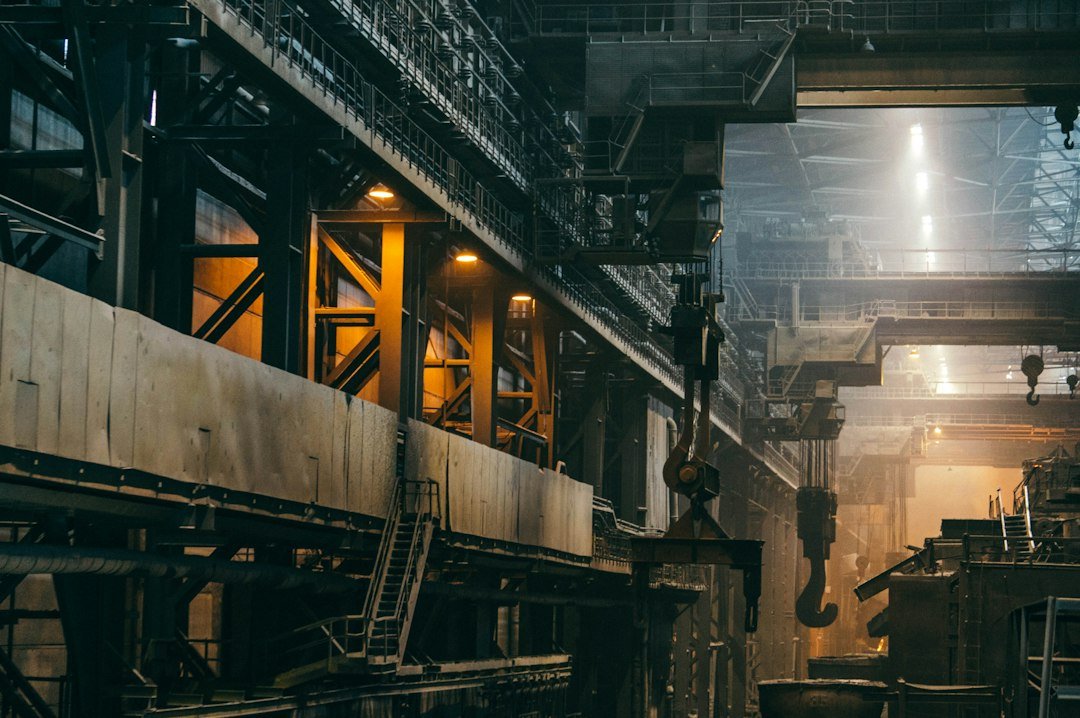The Role of Building Automation in Sustainable Development
In recent years, there has been an increasing focus on sustainable development and reducing our carbon footprint. One of the key aspects of sustainable development is creating energy-efficient buildings that have minimal impact on the environment. Building automation plays a crucial role in achieving this goal, as it helps to optimize energy usage, improve indoor air quality, and reduce overall energy consumption. This article will explore the significance of building automation in sustainable development, with a particular emphasis on the keyword “konfektion dämmstoffe,” which pertains to tailored insulation materials.
One of the primary benefits of building automation is the ability to optimize energy usage. By using sensors and controls, automated systems can regulate temperature, lighting, and ventilation in a building. This ensures that energy is used efficiently, preventing wastage. Additionally, automation allows for the scheduling of energy-intensive tasks, such as heating or cooling, during off-peak hours when electricity demand is lower. These measures contribute to a significant reduction in energy consumption, resulting in lower utility bills and a smaller environmental footprint.
Another important aspect of building automation is its ability to improve indoor air quality. Poor indoor air quality can lead to various health problems, including respiratory issues and allergies. Automated systems can monitor air quality and trigger actions, such as increasing ventilation rates or adjusting filters, to ensure a healthy and comfortable environment. By maintaining good air quality, building automation promotes the well-being and productivity of occupants, thereby supporting sustainable development.
The keyword “konfektion dämmstoffe” refers to tailored insulation materials. Insulation is crucial for maintaining comfortable indoor temperatures and reducing energy loss. Building automation can integrate with insulation systems, enabling smart control and monitoring. For instance, sensors can detect areas with inadequate insulation, allowing for prompt repairs or additional insulation. By addressing insulation issues promptly, automated systems contribute to energy efficiency and sustainable development.
Furthermore, building automation helps to identify areas of inefficiency in a building’s energy consumption. Advanced analytics and real-time monitoring enable the detection of anomalies, such as excess energy usage or equipment malfunctions. By identifying and resolving these issues promptly, automation systems optimize energy consumption and reduce waste.
In conclusion, building automation plays a central role in sustainable development. It enables energy optimization, improves indoor air quality, and identifies inefficiencies in energy consumption. The keyword “konfektion dämmstoffe” emphasizes the importance of tailored insulation materials, which are essential for energy efficiency and reducing carbon emissions. As the world continues to prioritize sustainable development, building automation will become increasingly vital in creating energy-efficient and environmentally-friendly buildings.
************
Want to get more details?
TAL Systemtechnik GmbH
https://www.tal-systemtechnik.de/
+49 7731 68405
Byk-Gulden-Straße 36, 78224 Singen
TAL Systemtechnik GmbH – Wir produzieren und liefern Ihnen konfektionierte Dämmstoffe nach Maß, Akustische Dämmung zur Schallisolierung, den TL flexibler Abgasschlauch hitzebeständig und diverse Schallschutzvorhänge für die Industrie.

